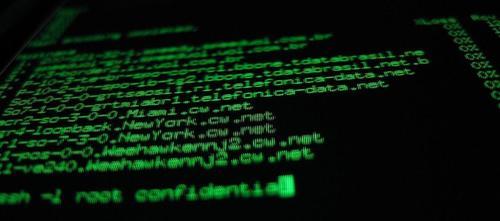With the prevalence of the internet and technology in the modern world, it has become very important to educate oneself about the various common risks associated with being on an interconnected network. The internet is basically a vast relay of networks and computers connected with each other, continually transmitting information or signals. Every time someone connects to the internet, they authorise their personal device to take part in this vast array of networks. Existing on this network always requires a constant flow of data from and to the individual device, opening up opportunities for bad actors to exploit or steal the data.
Cybersecurity professionals advise computer users to take precautions against the most common attacking methods such as phishing, social engineering, malware attacks, keylogging, etc. Doing so can minimise the risk of important data being stolen and possibly causing further harm to the user. It is not enough to be aware of just the technical methods hackers use to gain forbidden data, they can also use various social engineering means to trick the user into submitting the data willingly. Hence it’s best to be extremely cautious of giving away any personal information to strangers or unauthorised companies via the internet. A quick Google search about the company can also reveal whether they are trustworthy or not.
There are many types of hackers, but primarily they’re of two types: white hat and black hat. White hat hackers are usually penetration testers, cybersecurity experts, etcetera that work within legal bounds and help corporations or individuals prevent security attacks by revealing loopholes and bugs in the system. They are an important asset of any modern company working in the digital space and are also known as ethical hackers. Black hat hackers exist on the opposite side of the legal spectrum and typically have malicious intentions. They use any number of exploitation methods to gain unauthorised data. When it comes to hacking, prevention is always better than cure so as not to risk losing one’s sensitive data.
